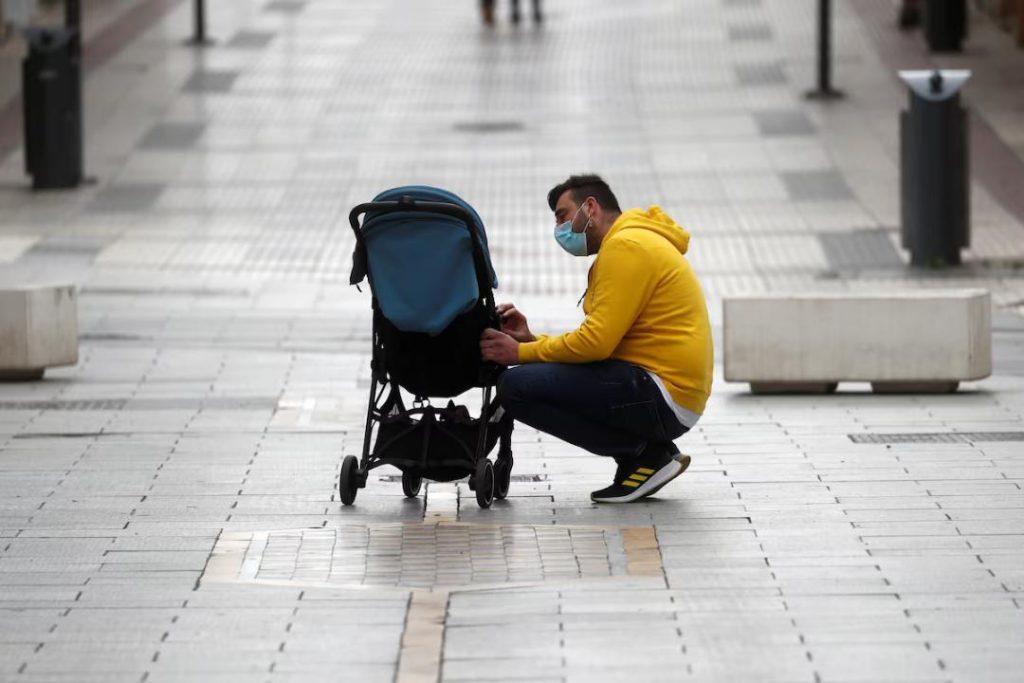
Spain to Offer 17 Weeks of Parental Leave to Both Mothers and Fathers
In a groundbreaking move, Spain has announced plans to extend its already generous parental leave policy, giving both mothers and fathers an additional week of paid leave after the birth of a child. This move will bring the total parental leave to 17 weeks, making Spain one of the most family-friendly countries in Europe.
Spain and Finland are the only EU countries to offer equal, fully-paid birth leave to both parents. This new policy is seen as a significant step forward in promoting gender equality and supporting working families.
According to a report by Reuters, the Spanish government plans to introduce the new policy in 2025, with the aim of increasing the number of fathers taking parental leave. Currently, only about 10% of fathers in Spain take paternity leave, compared to around 60% in Scandinavian countries.
The additional week of leave will be paid at the same rate as the existing 12 weeks of leave, which is equivalent to around 70% of the mother’s salary. This means that both mothers and fathers will be able to take 17 weeks of fully-paid leave, allowing them to bond with their new baby and support their family without worrying about the financial implications.
Spain’s Minister for Equality, Irene Montero, praised the new policy, saying, “Spain is moving towards feminism…and there’s no turning back.” She emphasized the importance of promoting gender equality and supporting working families, particularly women who often bear the brunt of childcare responsibilities.
The new policy is expected to have a positive impact on working families in Spain, allowing them to balance their work and family responsibilities more easily. It will also help to reduce the gender pay gap, as women are often forced to take time off work to care for their children, which can have a negative impact on their career prospects.
The policy is also expected to have a positive impact on the economy, as parents who are able to take time off work to care for their children are more likely to return to work and stay in the workforce for longer. This can help to reduce the burden on the state and increase economic growth.
Spain’s new policy is part of a broader trend in Europe towards promoting gender equality and supporting working families. Many countries are introducing policies to encourage more men to take parental leave, such as shared parental leave and flexible working arrangements.
In the UK, for example, the government has introduced a shared parental leave policy, which allows parents to share up to 50 weeks of leave between them. This has led to an increase in the number of fathers taking parental leave, with around 15% of fathers now taking some or all of the shared leave.
Similarly, in Sweden, the government has introduced a policy of “daddy leave”, which allows fathers to take up to 60 days of leave at the birth of their child. This has led to an increase in the number of fathers taking leave, with around 70% of fathers now taking some or all of the daddy leave.
While Spain’s new policy is a step in the right direction, there is still more work to be done to promote gender equality and support working families. However, the commitment of the Spanish government to promoting gender equality and supporting working families is a positive step forward, and it is likely to have a positive impact on the lives of many families in Spain.
News Source:






